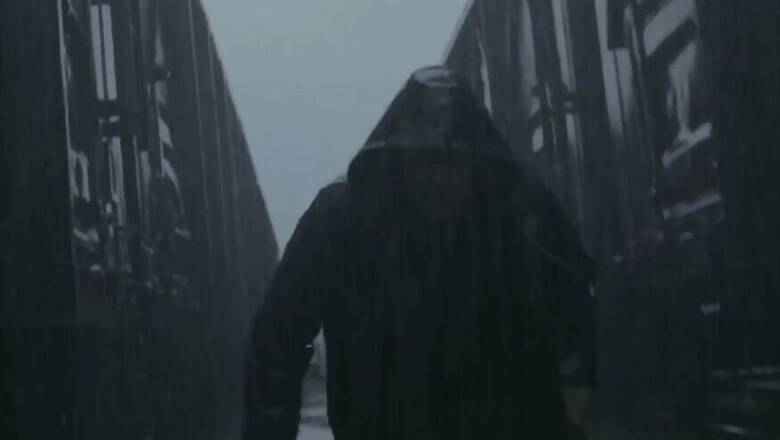
views
The animosity between Japan and China dates back to the pages of history with the Nanking Massacre in December 1937 considered as one of the worst periods in their relations. It is said that the Japanese Imperial Army killed thousands of Chinese, and not just combatants, but also unarmed civilians. The Japanese soldiers are also reported to have perpetrated heinous crimes like rape. This horrific event has always remained a thorn in the ties between the two neighbours, divided by the South China Sea.
But over time, Japan and China have realised the importance of forging better understanding, and the ongoing 30th edition of the Tokyo International Film Festival perhaps went out of its way to invite the biggest ever Chinese contingent. In the recent past, one has seen signs of thawing between the two countries, and this has been apparent in the way the movie industries in Japan and China have begun to extend their hands of cooperation.
This, in fact, was most, most apparent at the Festival. With Japanese films reaping handsome profits in China and with Chinese buyers thronging the Festival market, I saw three Chinese titles at the Festival -- Zheng Yi's Soul Inn, Chen Kaige's Legend of the Demon Cat and Dong Yue's The Looming Storm. Even the main competition, chaired by Tommy Lee Jones, included one of China's biggest stars, Zhao Wei.
The Looming Storm, set in the 1990s – when the Chinese society went through a tumultuous change with the old factory culture giving way to modern methods that took away people's sense of security -- sees an officer in a small town shaken by the notorious murders of several young women. When the police fail to solve the case, the officer, who has been working in the security division of an old factory, steps in. The movie is gripping to the last frame, and is helmed in a way to keep viewers biting their nails.
The Legend of the Demon Cat unfolds during the Tang Dynasty, when a Japanese monk goes to China and dies after an encounter with a distinguished poet. A spectacular epic of the kind associated with Chen Kaige, the film tells us how a demon cat posses people, pushing them towards murder.
Soul Inn, though with a strong element of romance, is ultimately about a young flower shop owner, who waits for his mother to return after his father's death. The owner converts his house into some sort of mortuary, where he accepts people's ashes in the hope that his mother would come back some day. The movie explores in a quaint way people's fears and their struggles to get over them. A haunting work about the final destination of the soul.
This new development of Japan's welcoming gesture towards China was nowhere as apparent as it was at the Festival. And it made me pause and ponder about my own country that is still so hostile to anything remotely cultural from Pakistan crossing our borders. I think films can be a great way of bridging our own differences with Pakistan.


















Comments
0 comment